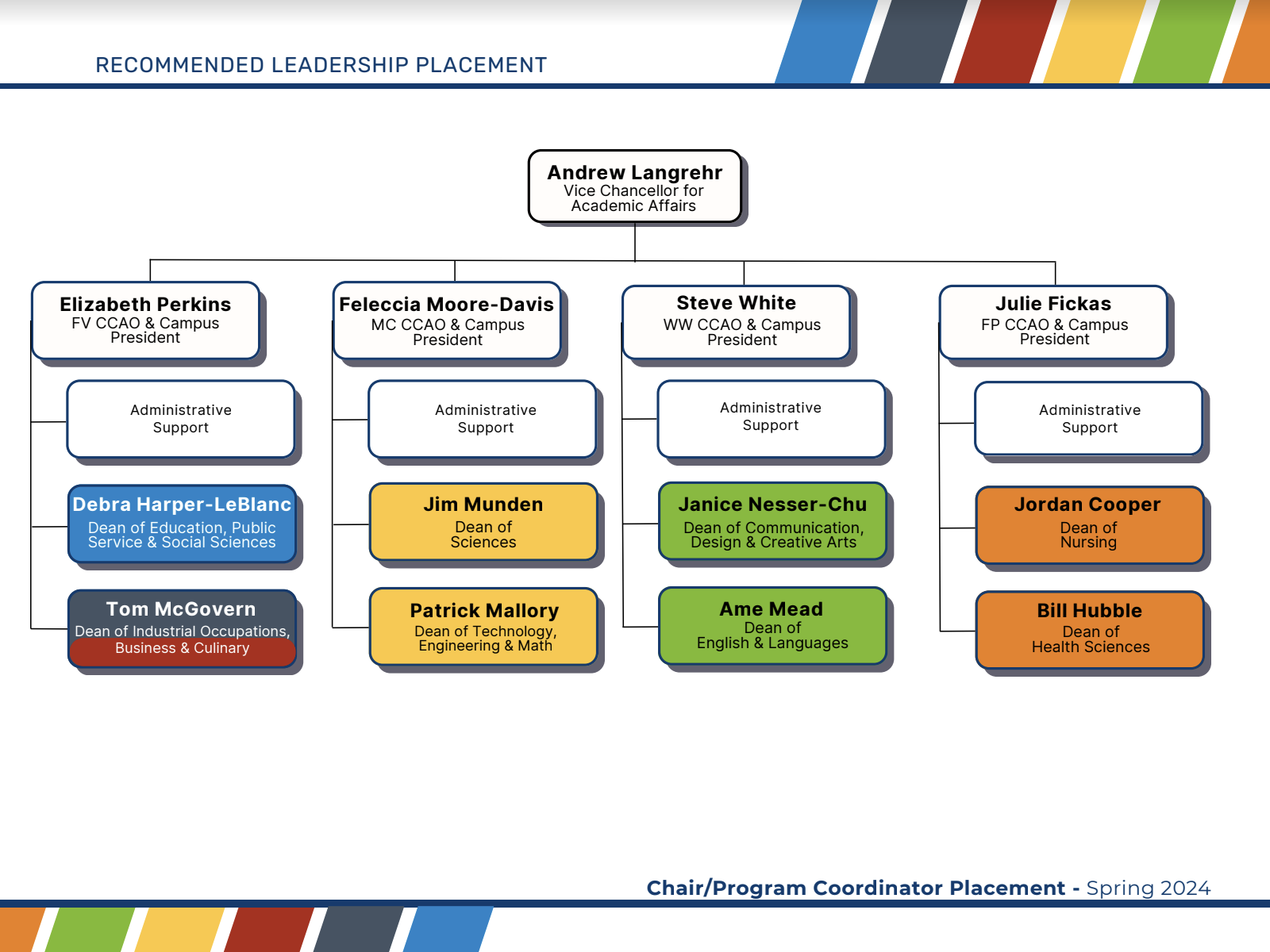STLCC-Meramec to host ‘Urgent Blood Drive’ to replenish losses from inclement weather
By: Shane Rice
-News Editor-
Blood donations have reached a 10-year low, according to the American Red Cross Association.
Communications Manager for the Red Cross Laurie Nehring said, “Just in our region we have lost 2,100 units of blood, and canceled blood drives all over because of the inclement weather. In fact, we have lost 28,000 units across the nation and this has put us in a very tough spot.”
On Feb. 11, STLCC-Meramec is hosting an “Urgent Blood Drive” in order to help replenish some of the units of blood that have been lost.
Secretary for Phi Theta Kappa Wade McGillis said, “The need for blood is constant and all blood types are needed.”
Nehring said it’s important for people to know that blood transfusions are used every day.
“Every two seconds someone receives a blood transfusion. Also blood is necessary for many surgical procedures and various other treatments,” Nehring said.
According to a Red Cross statistics report, approximately 4.5 million people need blood transfusions each year throughout the U.S. and one out of every 10 people admitted in a hospital needs blood.
“Chemotherapy patients, for example, receive blood platelets on a regular basis,” Nehring said.
However, Nehring said it is typical to see a decline in donated blood around the winter and Christmas season but this year has been particularly bad.
“We are a national organization, so when one area of the country is hit with bad weather then usually another area can help out,” Nehring said.
Unfortunately, according to Nehring, the Red Cross has been affected by bad weather throughout the whole country.
“This has made it very difficult to keep our numbers up and even more difficult to meet patient demand,” Nehring said. “We are getting by, but it’s very close.”
McGillis said the blood drive is a way for not only students, but faculty and staff to help in dire times.
“One donation can save three lives,” McGillis said.
For others like Student Governance Council President Kristen Huyett, donating blood is essential.
“My father was in the hospital almost 10 years ago and I know he used a lot of blood because his conditions were so dire,” Huyett said.
Huyett said she sees one of the biggest problems being people getting too caught up in their daily routines, whether it’s class or work.
“We’re just asking for students to take an hour or two and help the Red Cross get some blood. Just a little bit of time can really go far,” Huyett said.
According to a report presented by McGillis, 40 percent of the population is medically eligible to give blood, but only five percent do.
“Nineteen percent of the U.S. blood supply is used by cancer patients,” McGillis said.
Nehring said anyone that wishes to donate should abide the following: Drink plenty of fluids and eat at least four hours before donating. Avoid tea and other caffeinated drinks because they can lower a person’s iron level. Most donors taking medications are acceptable; most diabetics and even people with controlled high blood pressure can donate. Bring a picture ID.
Nehring said the key right now is to increase blood drive locations and people involvement.
“We just want to encourage people to please donate while you are healthy because at some point you will most likely need blood yourself,” Nehring said.
Nehring said Meramec is a key step in not only helping raise the awareness of this dire situation but it also allows the younger generation to do something wonderful.
“To put it simply donating blood can save lives,” Nehring said











